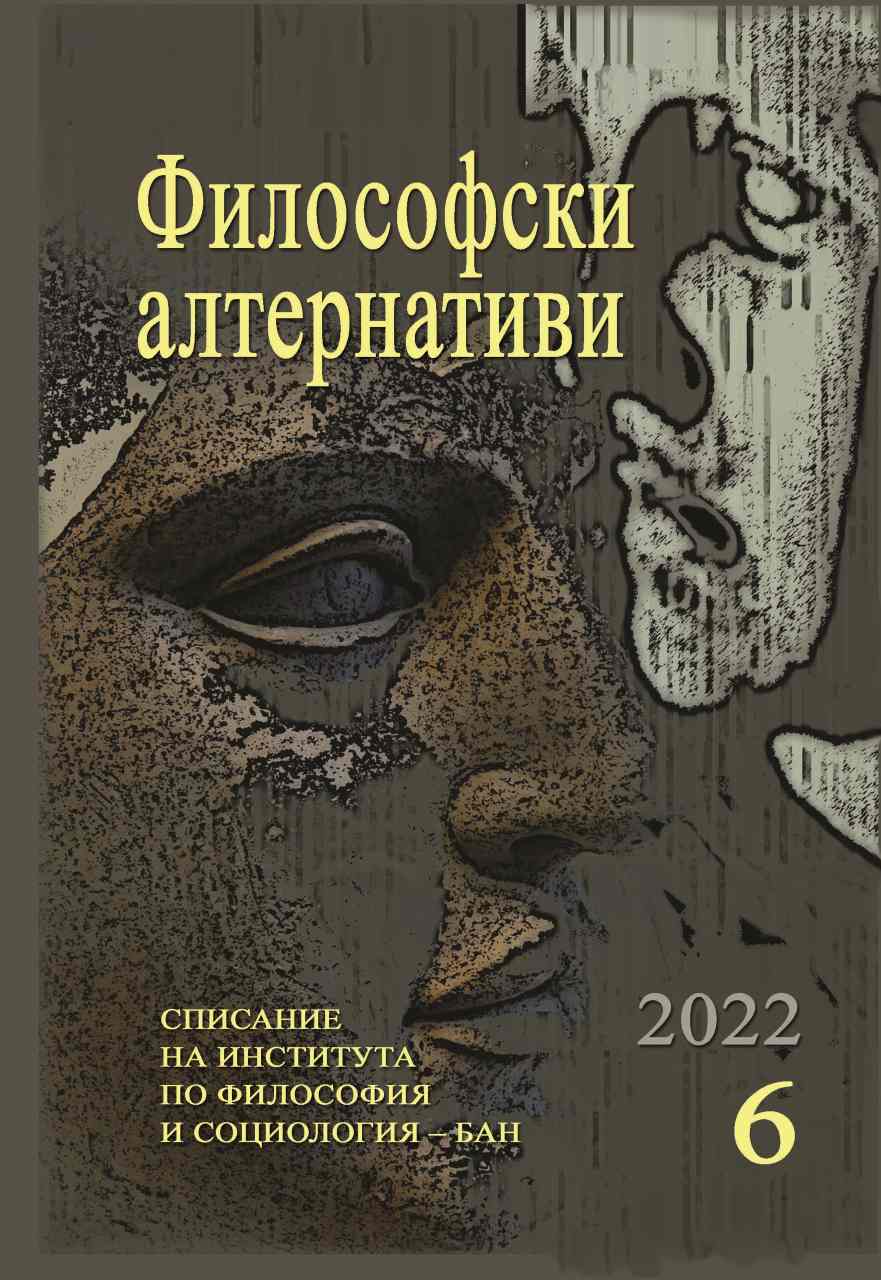Двете способности у Крузий и Кант
Two Faculties in Crusius and Kant
Author(s): Ivaylo DimitrovSubject(s): Philosophy, Metaphysics, Epistemology, Special Branches of Philosophy, Philosophy of Mind
Published by: Институт по философия и социология при БАН
Keywords: Kant; Crusius; faculty; capacity; force, receptivity; sensibility; understanding; reason; metaphysics; Critical philosophy
Summary/Abstract: In his natural philosophical period, the pre-Critical Kant borrows from the founders of rational and empirical psychology a concept of a peculiar receptive faculty, which is expressed by the term Fähigkeit and defines the dispositional possibility of the rational soul to reach the limits of its thinking nature through exercise. In this context, in this paper I attempt to extend the discussion of the distinctions between faculty and capacity (Vermögen/Fähigkeit) and between sensibility and understanding (Sinnlichkeit/Verstand) so that to stop at the margins of the most critical distinction for the Critical project – that between understanding and reason (Verstand/Vernunft). To this end, I juxtapose two readings of Kant's pivotal distinctions from his Inaugural Dissertation of 1770, recently offered by leading Kant scholars (E. Watkins and C.W. Dyck) who highlight the crucial influence of Christian August Crusius on the development of Kant's Critical metaphysics. As a result of my critical analysis, I find in both Crusius and Kant a concept of double (physical and moral) receptivity expressed by the term Fähigkeit, as well as a concept of Vermögen, bilaterally defined in relation to the traditional terms of potentia and facultas.
Journal: Философски алтернативи
- Issue Year: XXXI/2022
- Issue No: 6
- Page Range: 7-17
- Page Count: 11
- Language: Bulgarian
- Content File-PDF

